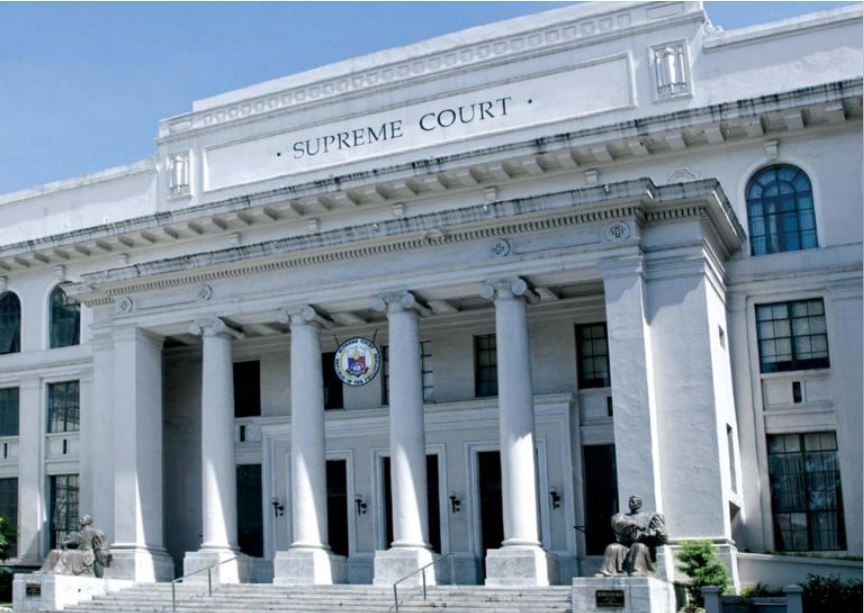- Home
-
News | Services
- CertificationEvidence Training & Certification Programs
- AccreditationAccreditation Guide & Resources
- Evidence News Top National & Global News
- NewsletterMonthly IAPE Email Newsletter
- Sponsors/AdvertisersAdvertisers & advertising options
- Job BoardView & Submit Job Listings
- Evidence Associations State Affiliates & Organizations
-
 ResourcesBooks | Manuals | Guides
ResourcesBooks | Manuals | Guides
- IAPE Forms & Professional StandardsForms | Standards Sample
- Manuals & GuidesSubmission | Packaging | & More
- DNA ResourcesJournal Articles & Law Enforcement Links
- Other ResourcesAudits | Digital | Best Practices
- Fentanyl ResourcesAudits | Digital | Best Practices
- Admin KillAdmin Approval to Purge Docs
- IAPE GalleryBest Practices From Agencies
- Fentanyl Resources & Guides
- Evidence by the book
- Evidence LogOnline IAPE Magazine
- Classes
- Membership
- About
- StoreIAPE Krapola
-
 Video ClassStudent Login
Video ClassStudent Login
Seized counterfeit goods give jobs to people with disabilities, DA says
Enter Headline here
April 26, 2018
Fake logos on 11,000 fleece jackets will be covered and donated to needy groups under a program by Nassau District Attorney Madeline Singas.
Seized counterfeit goods are creating jobs for people with disabilities and aid for struggling individuals under a Nassau County District Attorney program.
On Tuesday, District Attorney Madeline Singas toured Westbury's TRI Business & Career Center where its workers, joined by employees of Port Washington's Spectrum Designs, are embroidering over fake logos on 11,000 fleece jackets.
The fleeces are being donated to 110 groups, from soup kitchens to homeless shelters, from Suffolk to Queens.
"People will have warm jackets," she said.
Charity probably was not what drove Guosheng Hu, of Queens, who was arrested in 2016 after more than $1 million of fake designer goods were discovered in the New Cassel warehouse he had leased.
One of Nassau's largest counterfeiting busts came to light because Hu's landlord obtained an eviction warrant after his tenant fell behind on the rent.
Hu pleaded guilty in January 2017 to a felony — trademark counterfeiting — but failed to appear for his April sentencing, according to court documents.
E-commerce makes it even easier to sell counterfeit goods, which violate trademarks and might harm consumers, the U.S. Government Accountability Office said in January, adding 20 of 47 items it bought from third-party sellers were fake.
Before Hu's fleeces could be donated, they underwent safety tests, including flammability, Singas said. Until New York State changed its business law two years ago, such counterfeits would have been destroyed, her office said.
Law enforcement agencies in Los Angeles also have donated counterfeit goods to charities for 10 years.
Three of Hu's four "high volume" embroidery machines that stitched false labels on as many as 16 million items of clothing were donated to TRI Business, where workers use them to cover the logos with mazelike patterns.
"I don't view it as embroidery; I view it as art with string," said Josh Mirsky, 25, of Jericho, a senior production assistant who is on the autism spectrum. "Basically, it's like painting in string form."
The computerized machines' needles can be dangerous so the employers first had to determine whether their workers could handle them, said Alex Panes, head of embroidery at Spectrum.
Each machine costs $20,000 to $40,000, estimated Andrew Cohen, a TRI Business vice president. Nassau's donation enables the firm to expand — and offsets increasingly scarce funding.
"In this environment, because so much government funding has decreased, a lot of nonprofits are trying to find corporate partners," he said.
"This business really fell into our lap."

Seized counterfeit goods give jobs to people with disabilities, DA says | Newsday
Comments
Search IAPE
Blotter - Latest News
Another Police Chief in TROUBLE!
Ohio BCI investigates after police chief fired, audit finds 'money missing from evidence room' 07/12/2024 NEW MIAMI, Ohio (WXIX) - A state law enforcement agency launched an investigation this week at...
How important is chain of custody?
SC acquits 2 individuals of drug charges due to broken chain of custody 01/24/24 The Supreme Court (SC) has acquitted two individuals of drug charges due to a broken chain of custody. In a 22-page dec...
Evidence Technician - Brunswick County Sheriff's Office - Bolivia, NC
Salary: 44k-52k based on Training and Experience Job Requirements: Qualifications: High School Diploma Required. Completion of some relevant college-level coursework preferred.Experience in clerical w...



